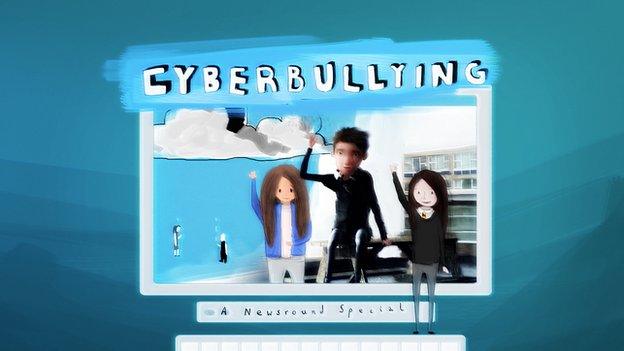Anti-Bullying Week: 'Change starts with us'
- Published
- comments
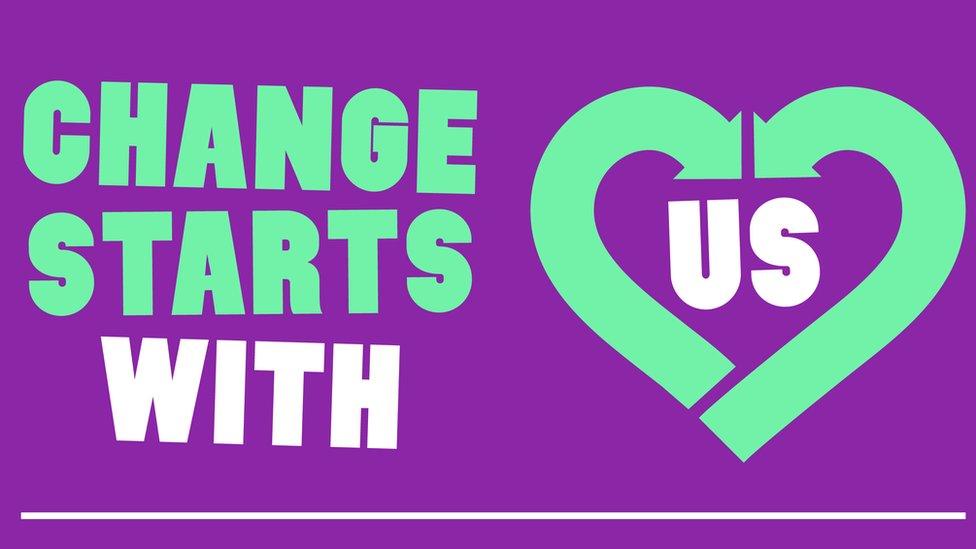
Anti-Bullying Week is taking place from Monday 11 to Friday 15 November and this year the theme is 'change starts with us'.
And children have been sharing what they want to change - a new poll suggests that many miss school and avoid spending time with friends to escape bullying.
The Anti-Bullying Alliance - a group of organisations which work together to tackle bullying - have done a survey of over 1,000 11 to 16-year-olds.
It shows that the scale of bullying that children are experiencing on a day-to-day basis. Nearly a quarter (24%) say they have been bullied once a week or more during the last six months.
Nearly one child in every classroom (3%) said they are bullied every day. One in ten children (11%) said they have missed school due to bullying.
The Anti-Bullying Alliance worked with 1,000 children to choose this year's theme of 'change starts with us'. It was picked in order to promote the idea of working together to challenge bullying, to help people to start a conversation about it, and to help put an end to bullying altogether.
Children highlighted where they thought change should start, with over three quarters (76%) of those polled saying that social media and gaming platforms should do more to change the way they address bullying, and nearly half (48%) saying their schools should do more.
More than four in ten (44%) of children said that the media and influencers had the power to reduce bullying.
Lots of events will be taking place in schools across the UK to mark the week.
On Tuesday 12 November, lots of children will be wearing odd socks to raise awareness of the campaign.
The idea behind this is that it celebrates the fact that everybody is unique and different.
'I was cyberbullied by my best friend'
What is bullying?
Bullying is when someone, or a group of people, repeatedly and deliberately hurt someone else or a group of people.
It can come in many different forms.
Bullying can be physical (for example, pushing somebody around), emotional (for example, leaving somebody out) or verbal (such as saying nasty things to or about someone).
When bullying takes place online - for example, via social media or video games - it is called cyberbullying. This form of bullying has become more common, as more young people have mobile phones and computers than they used to.
WATCH: How to recognise bullying
Why do people bully?
Often, bullies behave like this to make someone else feel sad, scared or alone, or to gain a sense of power over the person they are bullying.
It can often start when a bully picks on somebody because something about them is different.
Anti-Bullying Week aims to put a stop to this. One of the ways it hopes to do this is by making everybody realise that differences are something to celebrate.
You can find out more about why people bully with BBC Own It.
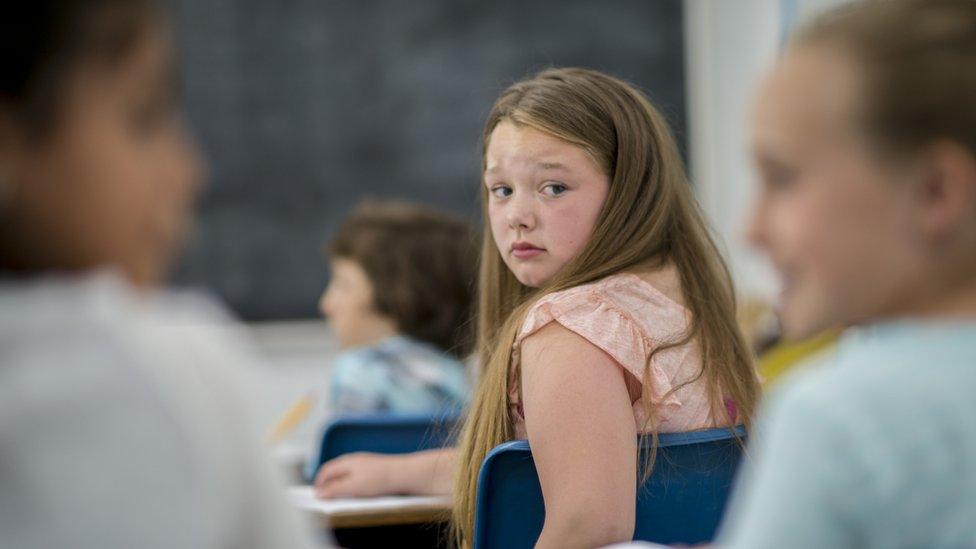
When does bullying happen?
Bullying can happen either inside or outside of school hours.
It can take place in person or online, via social media or video games.
Whether it is verbal, physical, online or in-person, bullying has a significant impact on a child's life well in to adulthood. By making small, simple changes, we can break this cycle and create a safe environment for everyone. Because together, we can challenge bullying. Change starts with a conversation. It starts with checking in. It starts with work together.
If you are worried that you or anyone that you know is being bullied, speak to an adult that you trust you about it. That might be a teacher, someone in your family or another adult that you trust, like a family friend.
BBC Own It has lots of advice too:
You can find more help and advice on the new Own It app.
You can also call ChildLine for free on 0800 1111.
There is also a special area on the Childline website, external with lots of help and advice.
- Published5 June 2018

- Published9 July 2019

- Published14 November 2018
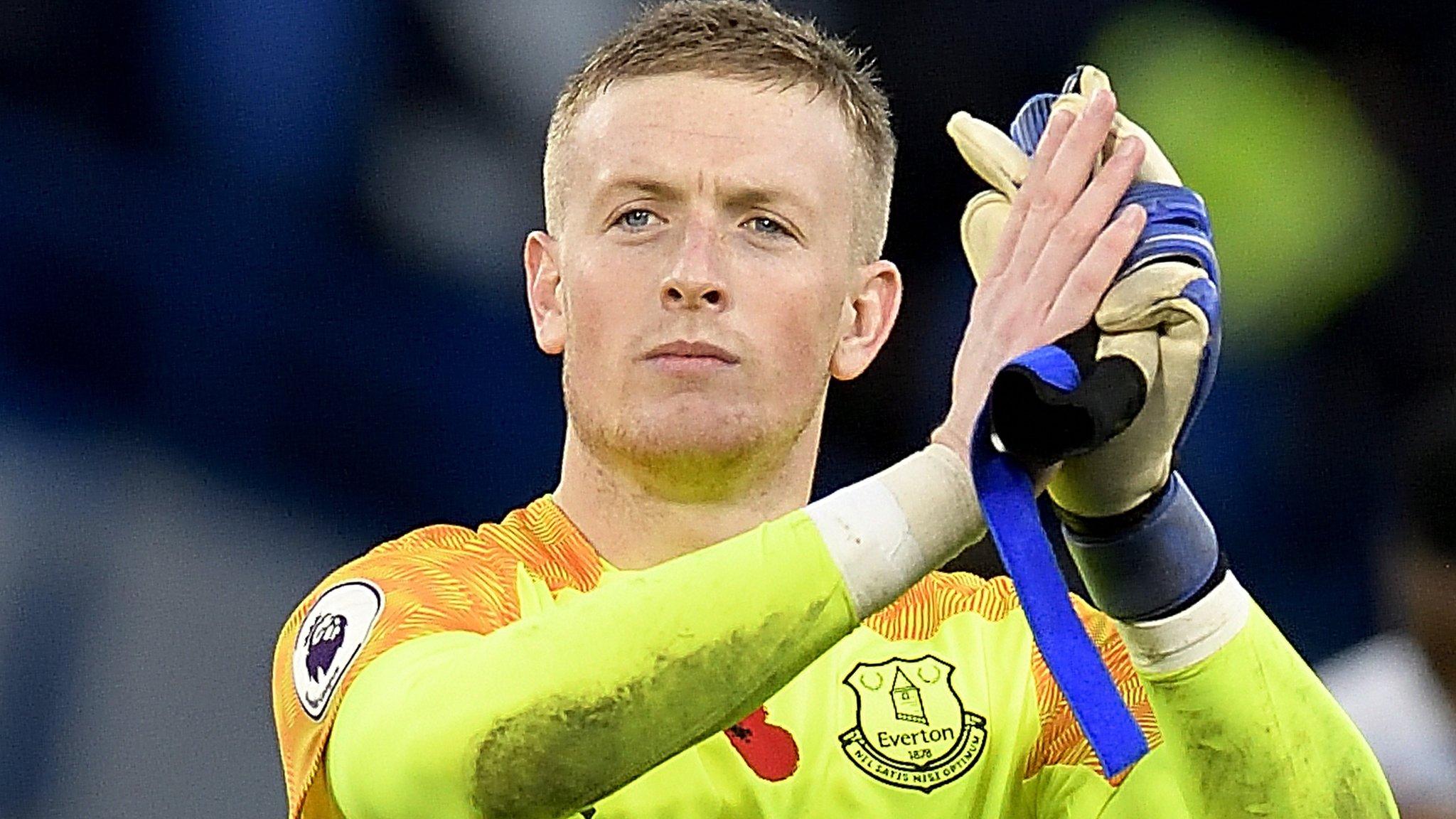
- Published6 November 2023
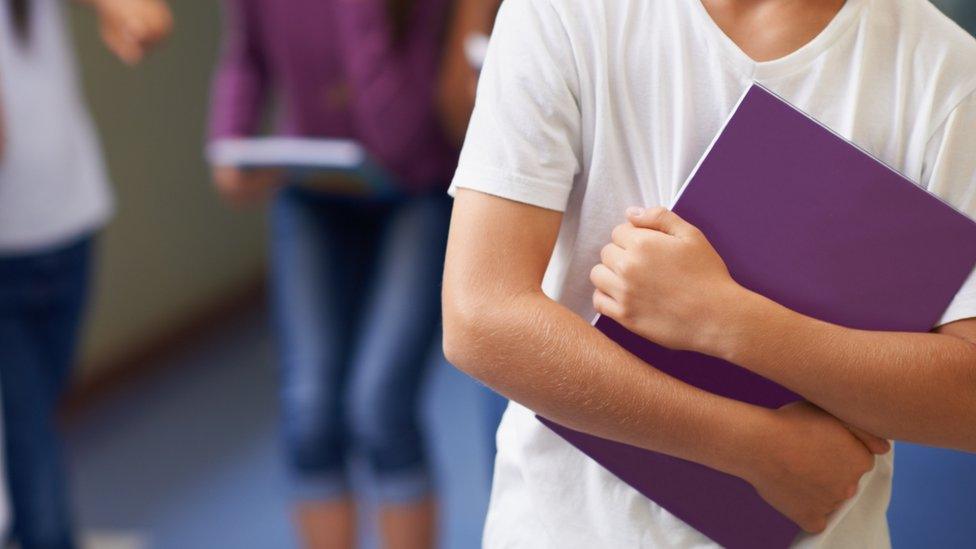
- Published20 November 2015
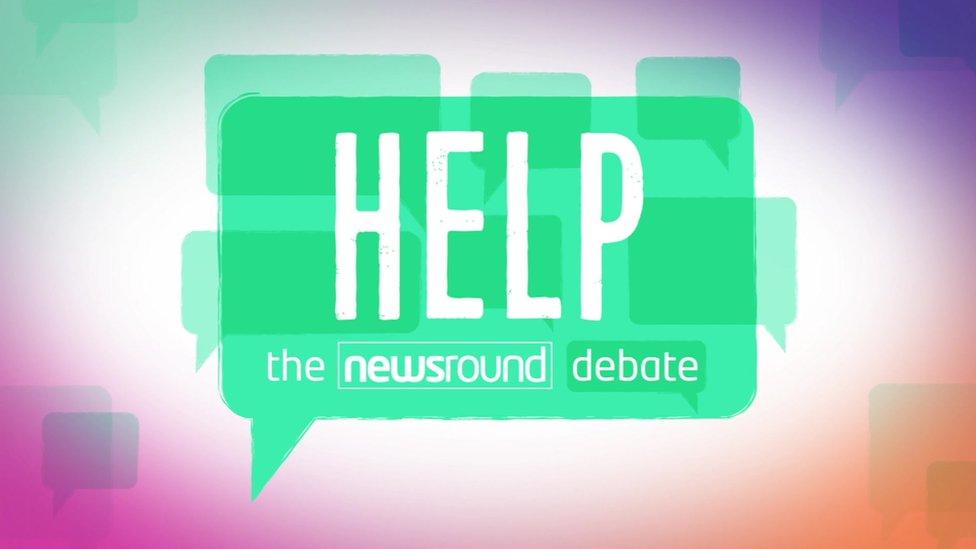
- Published28 March 2014
